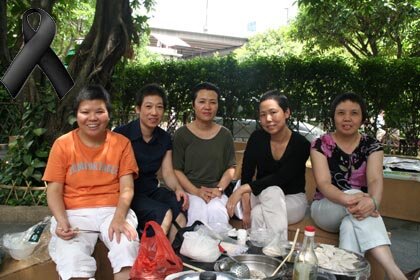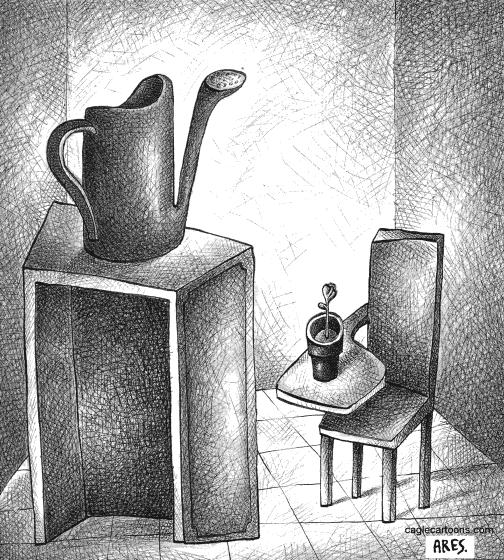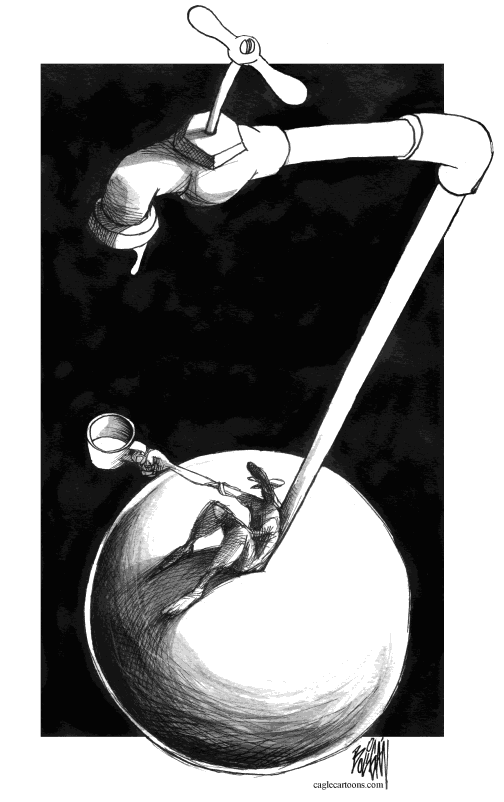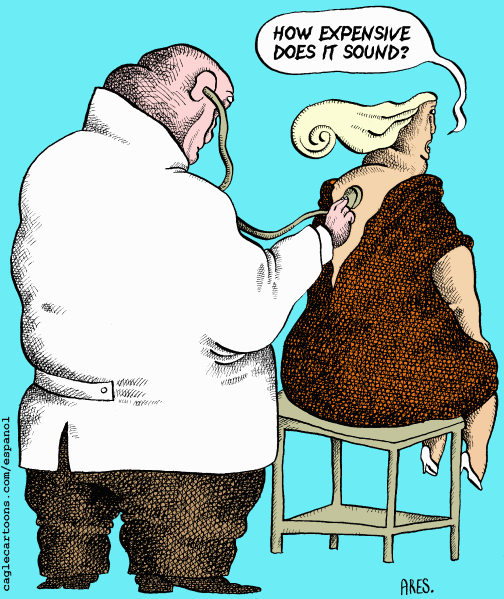Dreams, Repression and Violence

This week I taught two seemingly disparate classes: one obliquely encouraged students to dialogue about their inner-most dreams and the other, coincidentally and disturbingly scheduled on the day of the tragic shootings in Virginia, had much in common: Students were asked to differentiate between the words job, vocation and calling and apply it to their own lives. I was deeply moved and, as is often the case, I exchanged my role as teacher for that of student. Those of us who have taught ESL for a number of years know well to listen to the sounds that return to us from across the cultural divide. Chinese students are noted for their silence in the classroom and for their rapid adaptation to accepted or expected classroom behavior. Much of what they will express is meant to be superficial; hence, safe. But, occasionally, if you listen closely enough, you will hear the overflow of the heart become word. The sounds that I heard this week were not the usual echoes of my own voice and I listened carefully.
Most of my students lamented that their jobs upon graduation, if they were lucky enough in an economy hit harder than than the government lets on, were likely to be menial and unrewarding. They expressed an awareness that because they were students at a provincial college the likelihood that they would join the ranks of millions of unemployed graduates was greater than average. Many of them spoke of their vocational “choices” as inevitable: preparations foisted upon them by parents, poor entrance scores, or a lack of financial resources needed to pursue their true calling.
In my class of would-be lawyers, traditional Chinese medicine practitioners and those training to be businessmen there were actually singers, visual artists, humanitarian aid workers, writers, Olympic athletes and more….. My students spoke with passion about their dreams now being relegated to mere meditations on what could, or should, have been.
But when I asked them how they felt about giving up or belaying calls of the heart, but they have practiced for so long at giving an outward appearance of gratitude and acceptance that they cannot see the dissonance. For them, to grouse about their lot in life while spending their parents’ hard-earned money on tuition would be to completely dishonor their families. Few Asian students would ever defy the wishes of their parents in such matters. Instead, it is easier to dissociate or suffer in silence than to profess displeasure at one’s lot in life. It is at once admirable and heartbreaking to see students inexorably tied to the dreams of others while abandoning their own.
It is my guess that so many suicides on Chinese campuses are directly related to this sense of familial duty and the inability to express feelings of displeasure. I see student denial of feelings as type of socially induced alexithymia that is pervasive in Chinese culture. Alexithymia is a condition characterized by a disconnect between emotions and actions. Individuals who are alexithymic cannot accurately describe feelings they are having nor are they in touch with how the feelings are being manifested in other parts of their lives. Such disconnect breeds addiction, somatic disorders, difficulty in relationships, or violence.
I have long considered suicide as the ultimate and most devastating act of domestic violence. Suicide is more than anger turned inward: it is rage brought to fruition. And last year four students and two faculty members, unknown to each other, jumped to their deaths in Guangzhou in the same week. I believe that at least two of the deaths were acts of aggression.
Coming: Dreams….Part II






